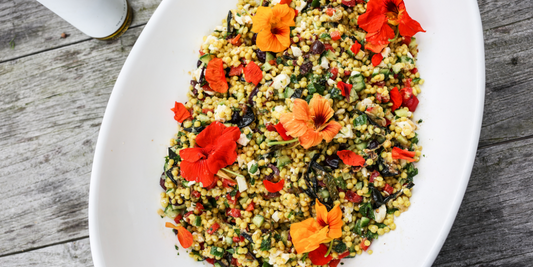What if someone told you that simply changing the type of oil you use could benefit your health? A promising new study pre-printed on medRxiv shows just that. Two of the most bioactive phenolic compounds in olive oil are oleocanthal and oleacein, which have been noted in many studies for their anti-inflammatory and antioxidant properties. New research suggests that choosing the right oil could offer health benefits independently of other interventions.
In a recent study by Ruiz-Garcia et al, researchers attempted to assess the health benefits of extra virgin olive oil rich in oleocanthal and oleacein (EVOO) compared to common olive oil (OO) in individuals with obesity and prediabetes.
Because inflammation and oxidative stress are intertwined processes that play important roles in the development of and complications related to obesity and diabetes, researchers wanted to explore whether a nutritional intervention could have an effect on these factors.
In this randomized double-blind crossover trial, 91 participants aged 40-65 years with obesity (BMI 30-40) and prediabetes (HbA1c 5.7-6.4%) were divided into two groups. One group was given EVOO to use as their primary oil for food, or OO (one found in 90% of supermarkets that is much lower in those polyphenols) for one month. The oil could be consumed raw or cooked. This was followed by a washout period of 15 days, after which participants received the other oil for 30 days. Participants were advised not to make any other changes to their diet, reduce caloric intake, or to change their exercise routines during these interventions. The only thing that was to be different was the oil they were using.

At baseline, information about each participant was gathered using validated questionnaires related to lifestyle and nutritional intake, and a physical assessment was performed by a specifically trained nurse. Blood samples were drawn so researchers could record levels of biomarkers such as glucose, insulin, HbA1c, Vitamin D, TSH, C-reactive protein (CRP), as well as for other common biochemical markers such as urea, creatinine, uric acid, triglycerides, total cholesterol, HDL cholesterol, and LDL cholesterol.
They also took blood and repeated the physical exam and interviews at the start of the study and at the end of each intervention period. It was shown that after the EVOO treatment, total antioxidant status increased and lipid and organic hydroperoxides (markers of oxidative stress) decreased. Additionally, decreases in weight, BMI and blood glucose were also found after treatment with the EVOO and not with OO.
While further research would help make more standardized recommendations possible, this is yet another promising case in which incorporating EVOO high in oleocanthal and oleacein into the diet as the main source of fat was shown to offer health benefits.
Disclaimer: This study has not yet been peer reviewed. Researchers published the study discussed in this post on medRxiv as a preprint.





